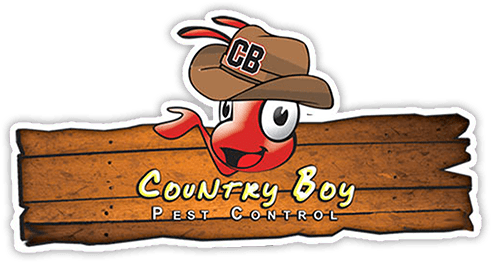Auburndale Tick Control
Ticks are small, parasitic arthropods that feed on the blood of their hosts. They are most active during the spring, summer, and fall months, when they are searching for a host to feed on. Ticks can transmit a number of diseases, such as Lyme disease, Rocky Mountain spotted fever, and tick-borne encephalitis. If you have found a tick on your body, it is important to have it removed as soon as possible. At Country Boy Pest Control, we offer Auburndale tick control services to help protect you and your family from these harmful pests.
To learn more about our tick control services, call (863) 356-1616 or contact us online today.
Signs of a Tick Infestation
Ticks are small, blood-sucking parasites that can cause health issues for both humans and animals. Identifying a tick infestation early is crucial for effective control and prevention. Here are some signs to watch out for:
1. Frequent Tick Encounters: If you or your pets frequently come into contact with ticks, it could indicate an infestation in your surroundings. Regularly inspect yourself, family members, and pets after spending time outdoors.
2. Pets Scratching or Biting: Ticks often target pets as hosts. If you notice your pets scratching, biting, or excessively grooming themselves, it might be a sign of tick activity.
3. Tick Bites on Humans: Tick bites on humans can cause itching, redness, and inflammation. Check for small, round bites, resembling a bullseye pattern.
4. Presence of Ticks in Outdoor Areas: Inspect your yard, garden, and wooded areas for signs of ticks. They prefer tall grass, leaf litter, and shrubs, so pay close attention to such areas.
5. Visible Ticks on Furniture or Walls: Ticks can hitch a ride indoors on clothing or pets. Look for ticks on walls, furniture, curtains, or other indoor surfaces.
6. Lyme Disease or Tick-Borne Illness: If you or your pets show symptoms like fever, headache, fatigue, or joint pain after a tick bite, it could indicate the transmission of a tick-borne disease, such as Lyme disease.
7. Tick Eggs or Nymphs: Ticks go through various life stages, and their eggs and nymphs can be tiny and hard to spot. Look for these immature ticks in outdoor areas or on your pets.
8. Engorged Ticks: After feeding on blood, ticks become engorged and swell in size. Finding engorged ticks indicates an active infestation.
If you suspect a tick infestation in or around your home, it's essential to take immediate action to eliminate the ticks and prevent further spread. Consult with a pest control professional or your veterinarian to ensure the safety and well-being of your family and pets. Regular preventive measures, such as using tick repellents and keeping the environment clean, can also help reduce the risk of tick infestations.





